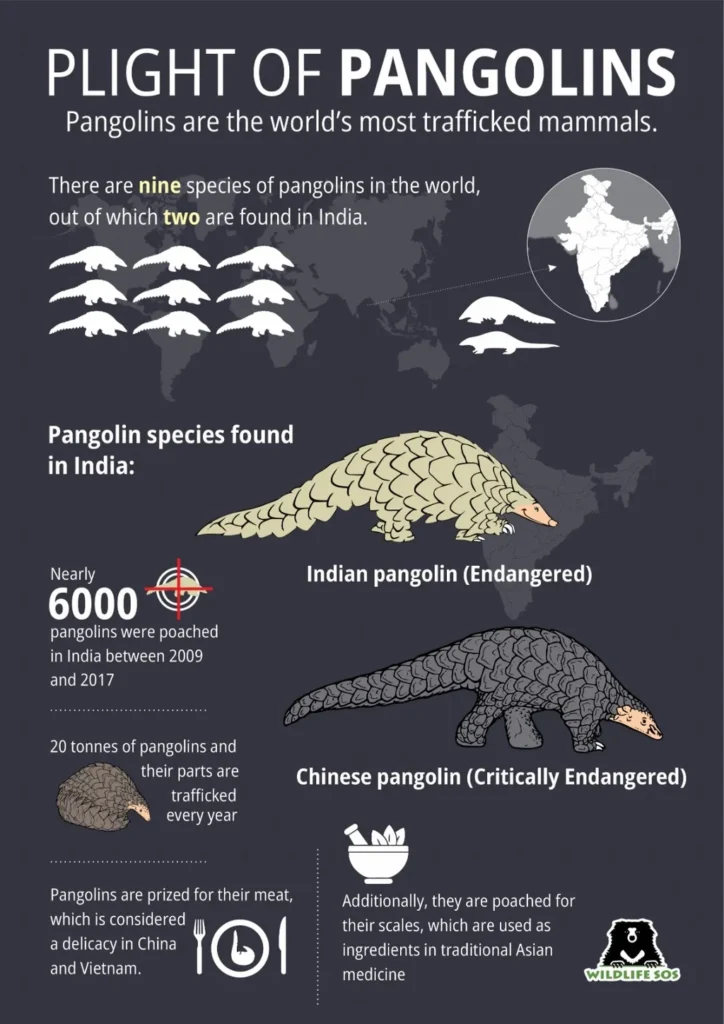The illegal trade of pangolins, driven by their use in traditional Chinese medicine, is not only threatening the survival of these unique mammals but also has significant implications for the agriculture sector and investors. The Environmental Investigation Agency’s analysis of Chinese court judgments revealed a stark connection between domestic demand and international trafficking, with nearly 43 tons of pangolin scales illegally traded since 2014.
Pangolins are believed to possess medicinal properties in traditional Chinese medicine, with their meat and scales used to treat various ailments. Despite the illegality of importing pangolin parts, some hospitals in China are permitted to sell from verified stockpiles. However, the demand far exceeds the legal supply, indicating a thriving black market.
The implications for the agriculture sector are multifaceted. Pangolins play a crucial role in ecosystem health, particularly in controlling insect populations, which can benefit agricultural lands. Their decline could lead to increased pest outbreaks, impacting crop yields and farmer livelihoods. Additionally, the destruction of forests, a significant threat to pangolins, also affects agricultural productivity and sustainability.
For investors, the situation presents both risks and opportunities. The continued illegal trade and potential crackdowns on the pangolin market could pose reputational and financial risks for companies involved in the traditional medicine sector. Conversely, there are opportunities for investment in sustainable and legal alternatives to pangolin-based medicines, as well as in conservation efforts that protect pangolins and their habitats.
The recent removal of pangolin formulas from the Chinese Pharmacopeia is a significant step, but it lacks legal impact. Campaigners are now calling on China to shut down the legal market for pangolin scales, a move that could have profound implications for the agriculture sector and investors. As the Convention on International Trade in Endangered Species meets, the global community watches closely, hoping for stronger measures to protect pangolins and the ecosystems they inhabit.

